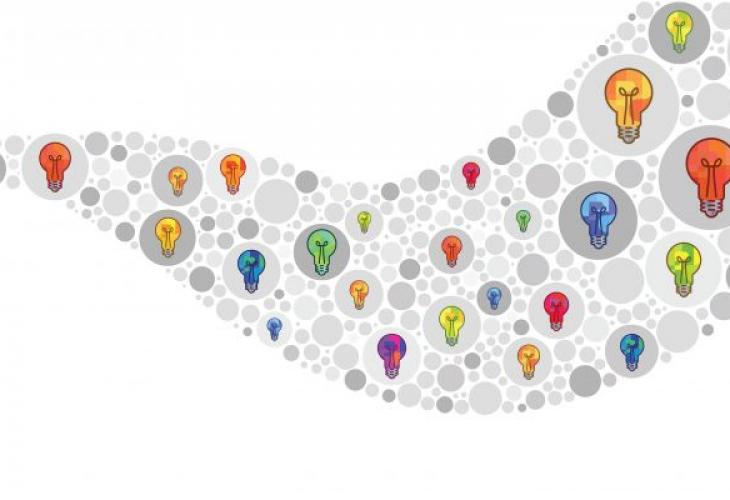Progress Update on the Futures of Education inspires lively discussions

‘I think this is an excellent example of dynamic discourse,’ commented a participant of the Asia-Pacific Forum on the Progress Update of the International Commission on the Futures of Education. Another participant expressed appreciation for the discussion which ‘opened more windows for reflection’.
Insightful exchanges occurred as the forum brought together over 40 participants from the Asia-Pacific region to share their thoughts on the recently released Progress Update. The document provides background information on UNESCO’s Futures of Education initiative, which aims to engage people around the world in re-imagining how knowledge and learning can shape the future of humanity and the planet. The Progress Update also presents a provisional outline of the upcoming global report of the International Commission on the Futures of Education.
Organized by the Comparative Education Society of Asia (CESA) and UNESCO Bangkok on 15 April 2021, the forum invited participants to freely express their views in brief spoken or written comments. There were various themes and concepts in the Progress Update that inspired a lively dialogue among the speakers. Some pondered the regenerative potential of education, while others contemplated the notion of ‘common’ and ‘commoning’. Several participants extended their thoughts about the implications of strengthening education as a common and public good. Others wondered how these ideas and concepts would play out in practice in diverse contexts, and reflected on the roles of learners, teachers, and governments in such processes. Former CESA President, Chanita Rukspollmuang from Siam University, Thailand, concluded, ‘I think the “common” as a noun and as an action is very thought-provoking to discuss further.’
The forum stimulated a rich debate, which was the aspiration of the Futures of Education initiative. ‘It was very wise of the International Commission to say that they would open the process and not work behind closed doors,’ said Sobhi Tawil, Director of the Division of the Future of Learning and Innovation at UNESCO Headquarters. ‘It is important to get the perspectives and thoughts from different regions and constituencies.’
We invite you to consult the Report of the Asia-Pacific Forum on the Progress Update of the International Commission on the Futures of Education as well as to learn more about UNESCO Bangkok office's work.